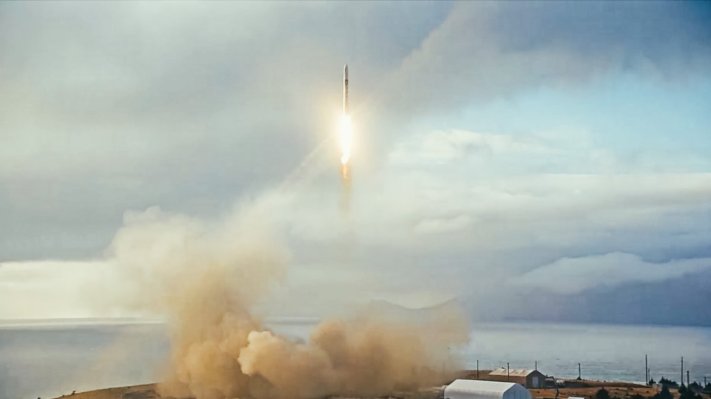ABL Space Systems is looking to raise up to $100 million in new funding, and has just closed over $40 million, according to a new filing with the U.S. Securities and Exchange Commission. The company filed the Form D on December 29.
It’s the first indication that ABL has raised venture funding since October 2021, when the launch company closed $200 million at a $2.4 billion valuation. Since its founding in 2017, ABL has raised $420 million from investors, including T. Rowe Price, Fidelity Management and Lockheed Martin Ventures.
ABL declined to respond to TechCrunch’s request for comment.
ABL is developing an 88-foot-tall, two-stage launch vehicle called RS1 and an integrated ground system architecture called GS0. Together, they’re meant to provide a mobile, all-in-one launch system. In a blog post, CEO Harry O’Hanley sketched a pretty bright future for the integrated architecture: “Imagine this: a convoy of container trucks arrive at a parking lot,” he wrote. “A few days later, it’s an orbital launch site. That’s RS1 and GS0.”
In a separate, more recent post published on December 19, O’Hanley and ABL President Dan Piemont issued a strident call for increased domestic launch resiliency, particularly at the launch site layer: “Today, there are only four operational U.S. launch sites and three controlled by allies. Each site is strong, capable and operated by the world’s leading launch experts. However, the overall launch site layer represents a weak link.”
Unsurprisingly, they argue that GS0 is the solution to this vulnerability, offering both a launch mount and a site system in a “proliferated” architecture.
The company’s message is clearly already resonating; in addition to the private markets, ABL has also scored considerable contracts from the U.S. Space Force, with the company landing a $60 million contract last year to build out “responsive launch” capabilities, or launches at short-notice.
ABL has been laying relatively low since its first launch attempt a year ago, which resulted in the rocket crashing back to Earth around 10 seconds after liftoff. In October, around 10 months after that mission, O’Hanley said that the company had made major upgrades to both the rocket and the ground system in advance of its next attempt. The company has not provided any updates on the timeline for the second flight test.
“It was not in our plans to have RS1 grounded for most of 2023,” O’Hanley wrote after the launch. “Our efforts this year were far away from the pad lights.”
